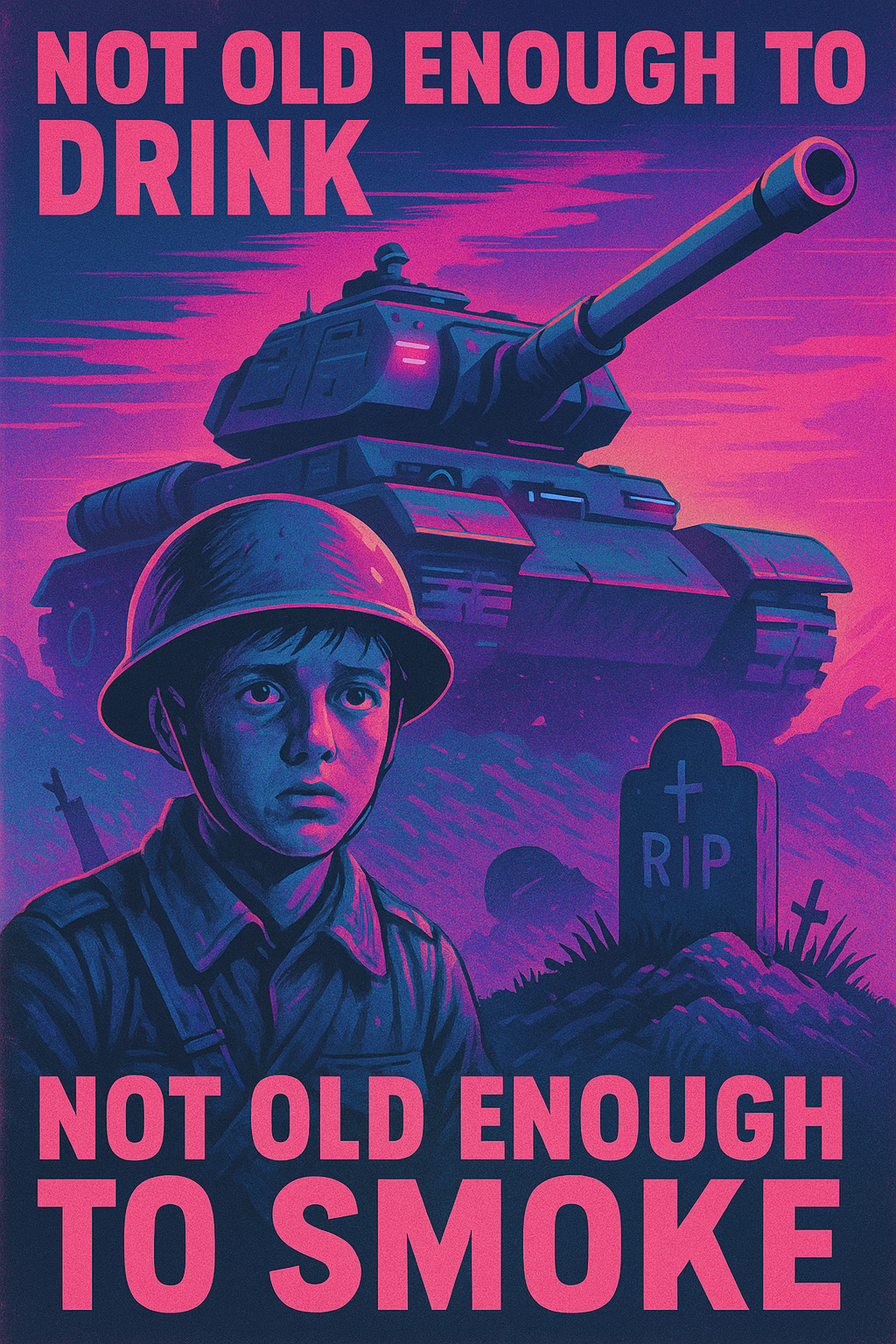illphated
The Last Breath After Peace
Published on: illphated.com
⸻
November 11, 1918
The war was over. But no one had told Emil.
At 10:59 a.m., the fog clung to the battered trenches like a final sigh from a dying beast. The fields of France were quiet—unnaturally so. After four years of thunderous shelling and screaming steel, the silence pressed down like a weight. Some men cried. Some smoked. Some stared, confused and untrusting, as if peace were a trick of the mud.
But Emil Weber, a 19-year-old private from Dresden, still had his rifle raised.
He hadn’t heard the whistles. He hadn’t read the telegram. The wireless in his dugout had been shelled into cinders the night before. His commanding officer, a captain who once taught Latin, was dead in the wire with his face blown off. And Emil—young Emil, with cheeks not yet hardened by age—was still waiting for the next wave.
Peace had come. But the bullets hadn’t stopped.
At the same moment dignitaries were signing papers in a railcar at Compiègne, Emil was crawling through muck to retrieve a wounded friend named Adler. Adler had taken a fragment to the stomach. Blood soaked his tunic. He muttered prayers to a god Emil stopped believing in during the second Battle of the Marne.
“Hold on,” Emil whispered. “We’ll make it.”
He didn’t know those would be his last words.
From a British position across the field, a jittery rifleman with a grudge and orders to “hold until the hour” spotted movement. He saw only shadows through the fog. No white flags. Just a helmet, a glint of metal, a silhouette.
One shot.
One breath.
And Emil fell into the mud, the war already over by the time he hit the earth.
At 11:01 a.m., the bells rang in Paris. Crowds cheered in London. In Berlin, church bells tolled for the first time in years. Mothers wept. Soldiers collapsed in exhaustion, not from fear—but from the strange sensation of surviving.
But Emil did not survive.
He was the last casualty. The final name to bleed out in a war that had already ended.
He wasn’t a hero. He didn’t take a bunker. He didn’t save a battalion. He died trying to help a friend, unaware that the world had just decided to stop killing itself.
They found him hours later, cold and still. A single bullet through the heart. A photograph of his sister in his breast pocket, blood-soaked.
The official record simply reads:
Private Emil Weber. KIA. 11:01 a.m. November 11, 1918.
And for what?
The mud. The silence. The peace that came sixty seconds too late.
⸻
In memory of those who die not in battle, but in the margins of history.
© illphated.com








ttemep
egmgy7
89lp5n
qenw01
tiuj7o
ka29ug
hyrhna